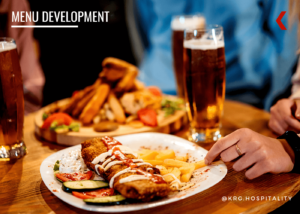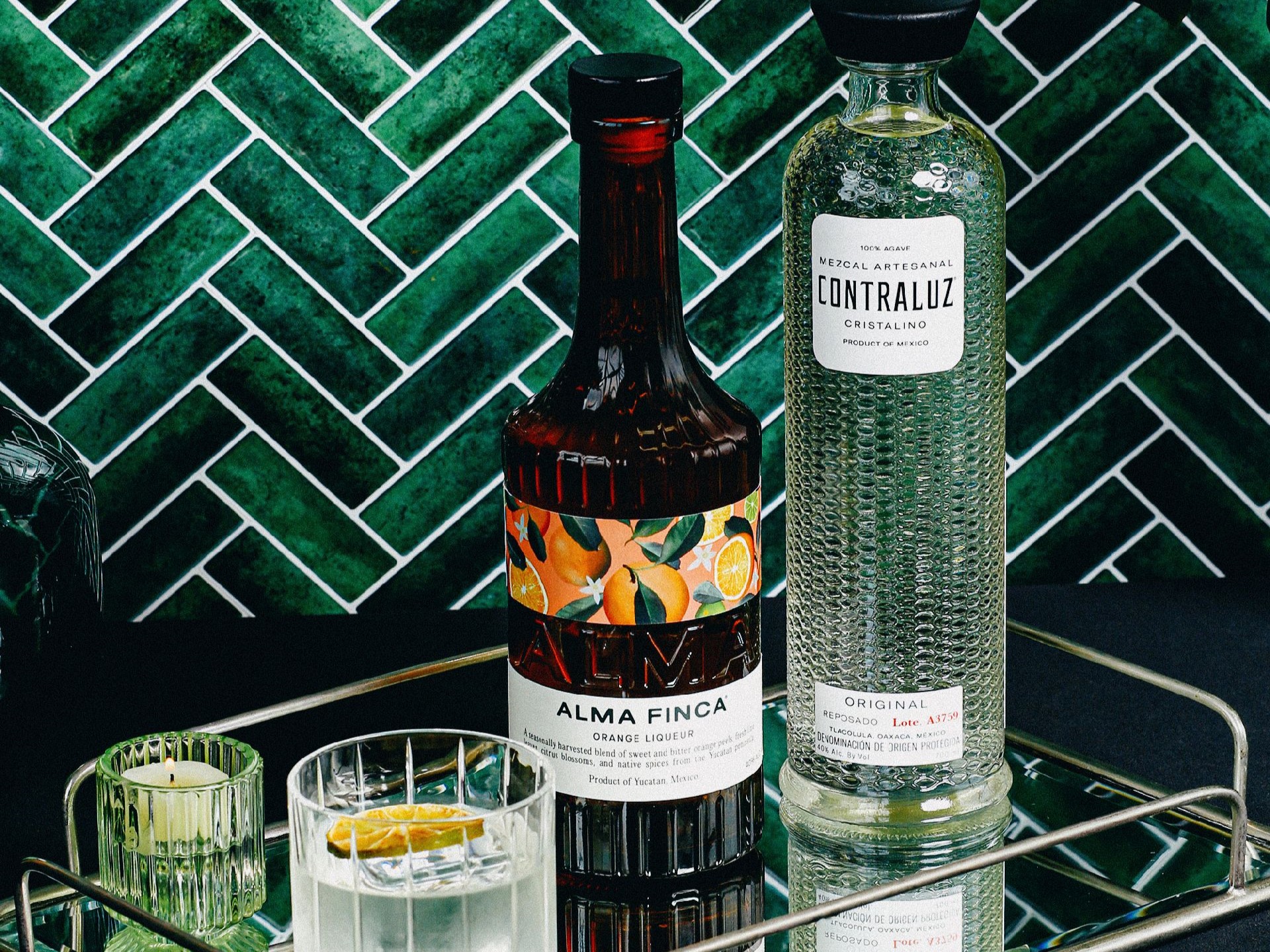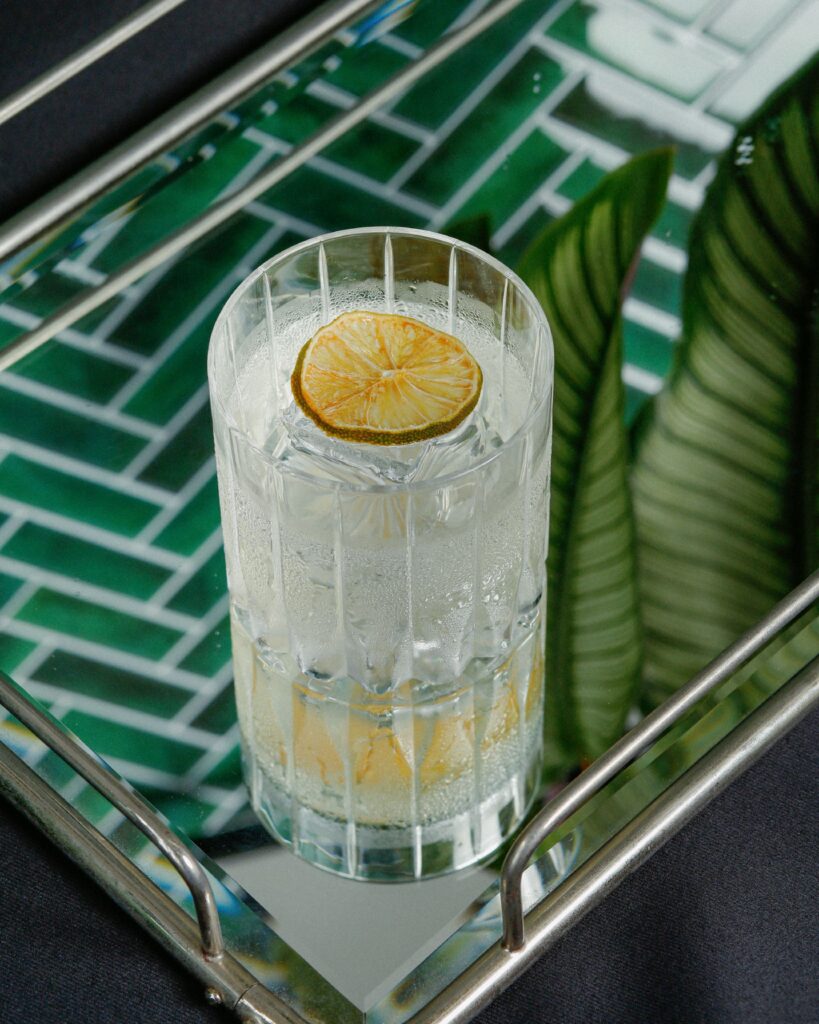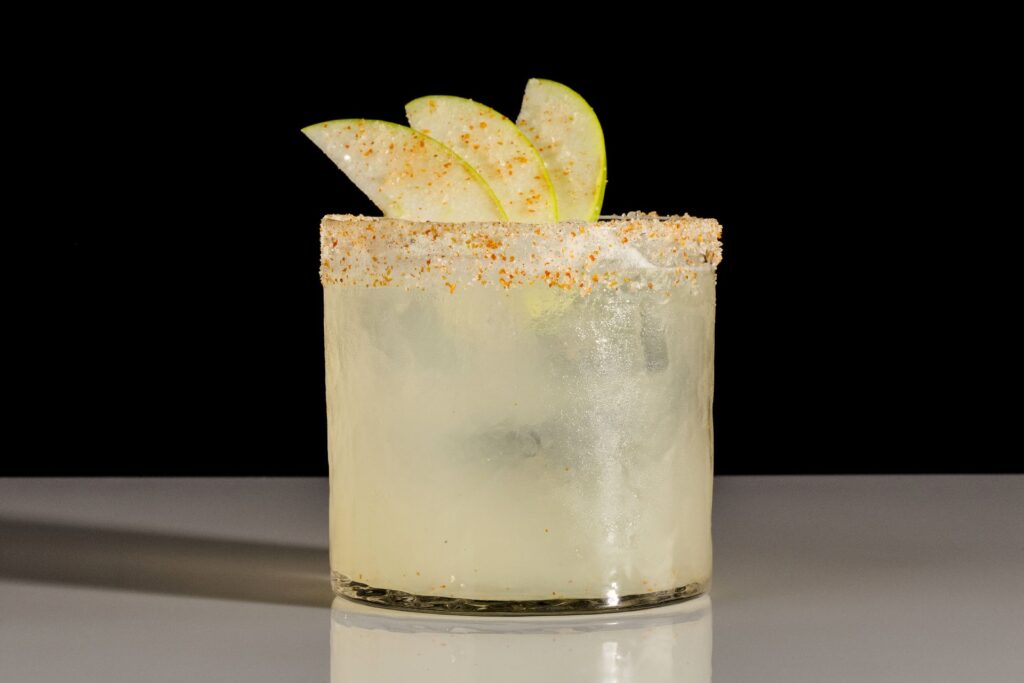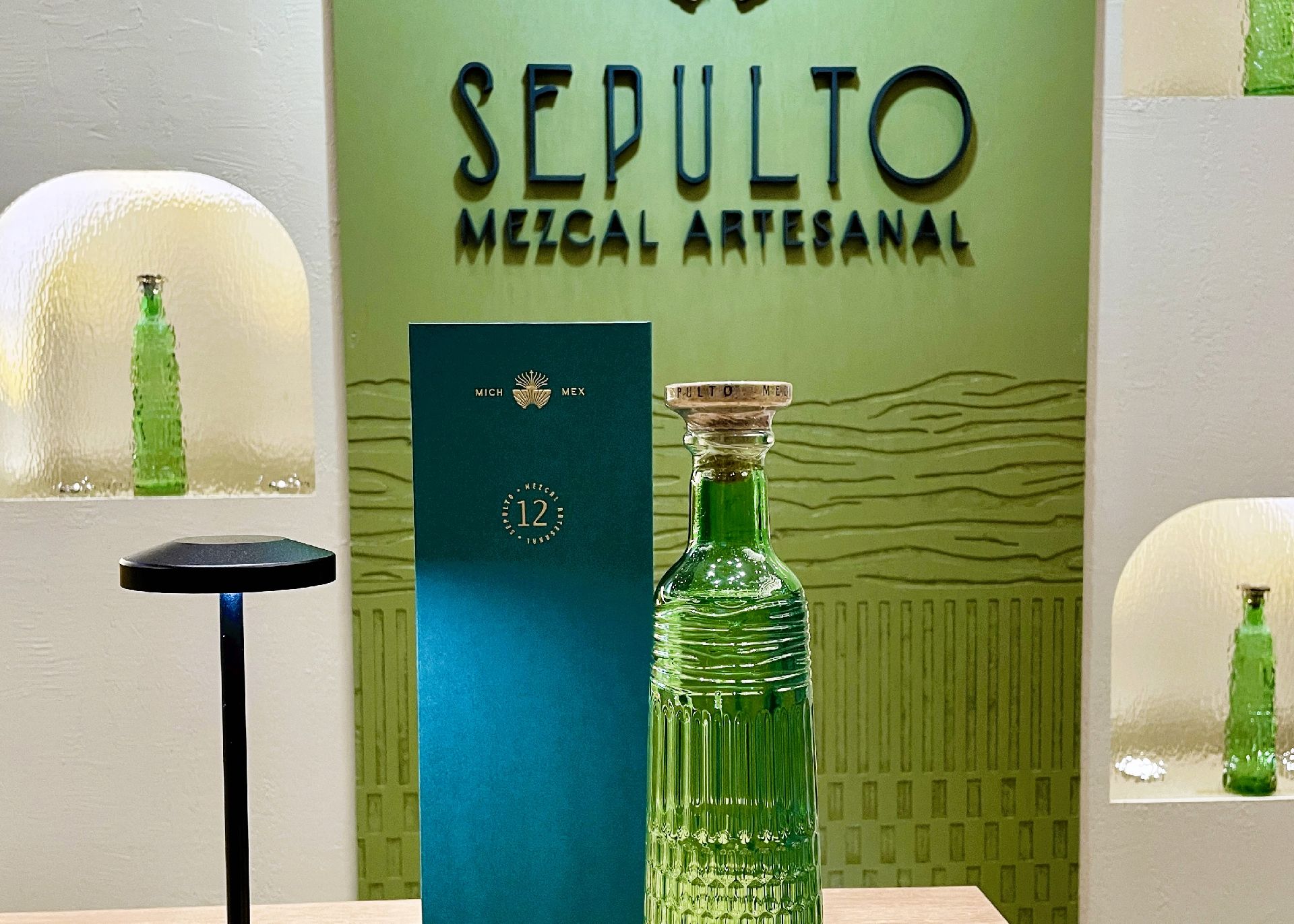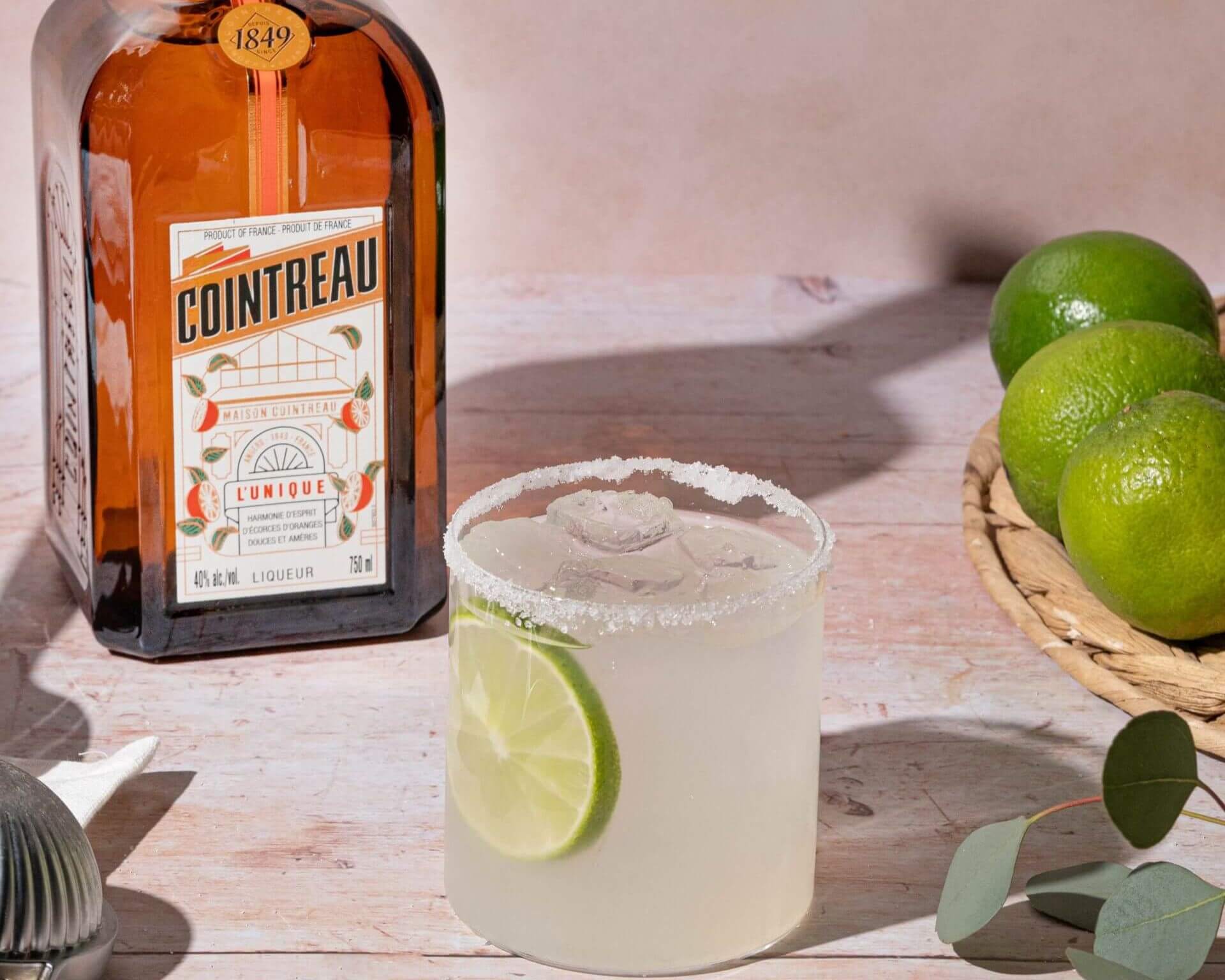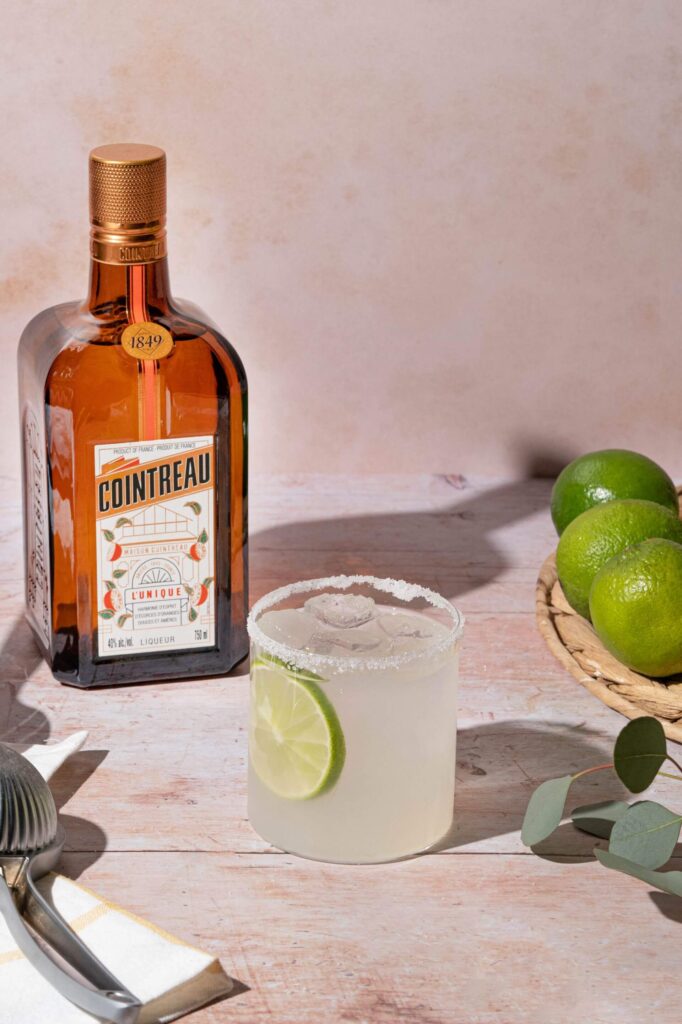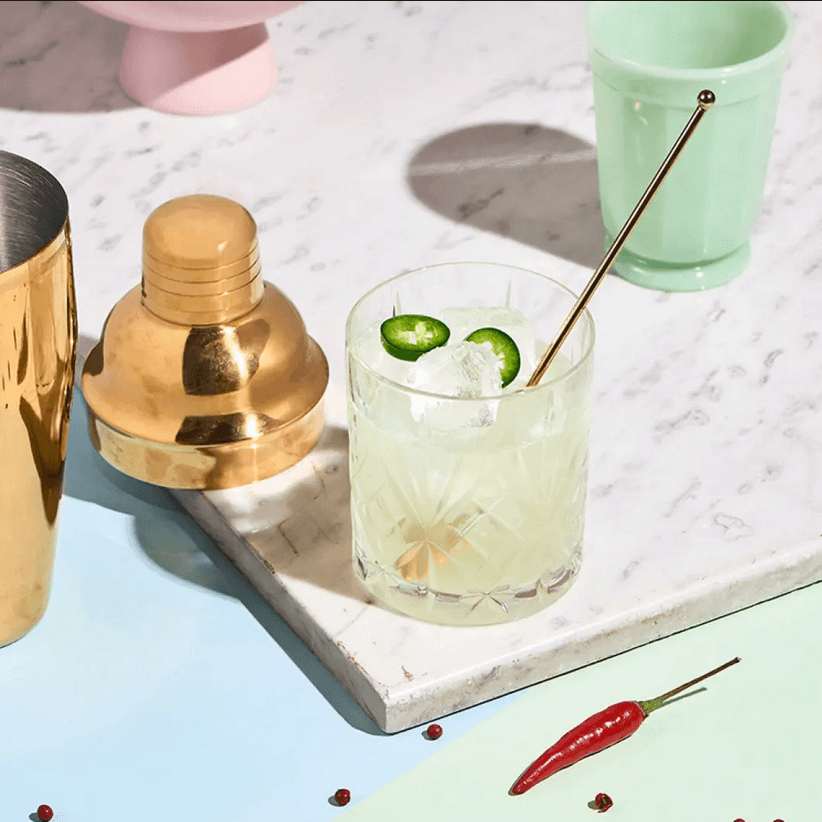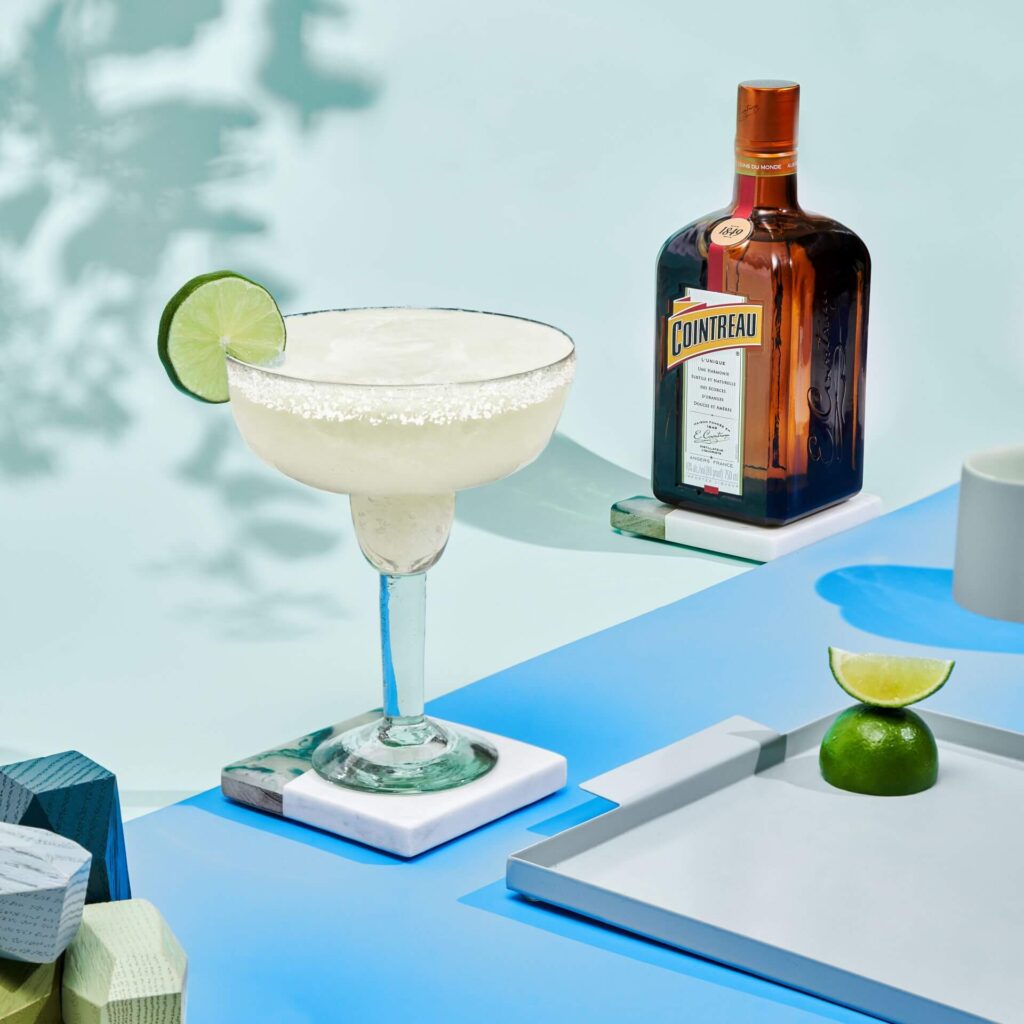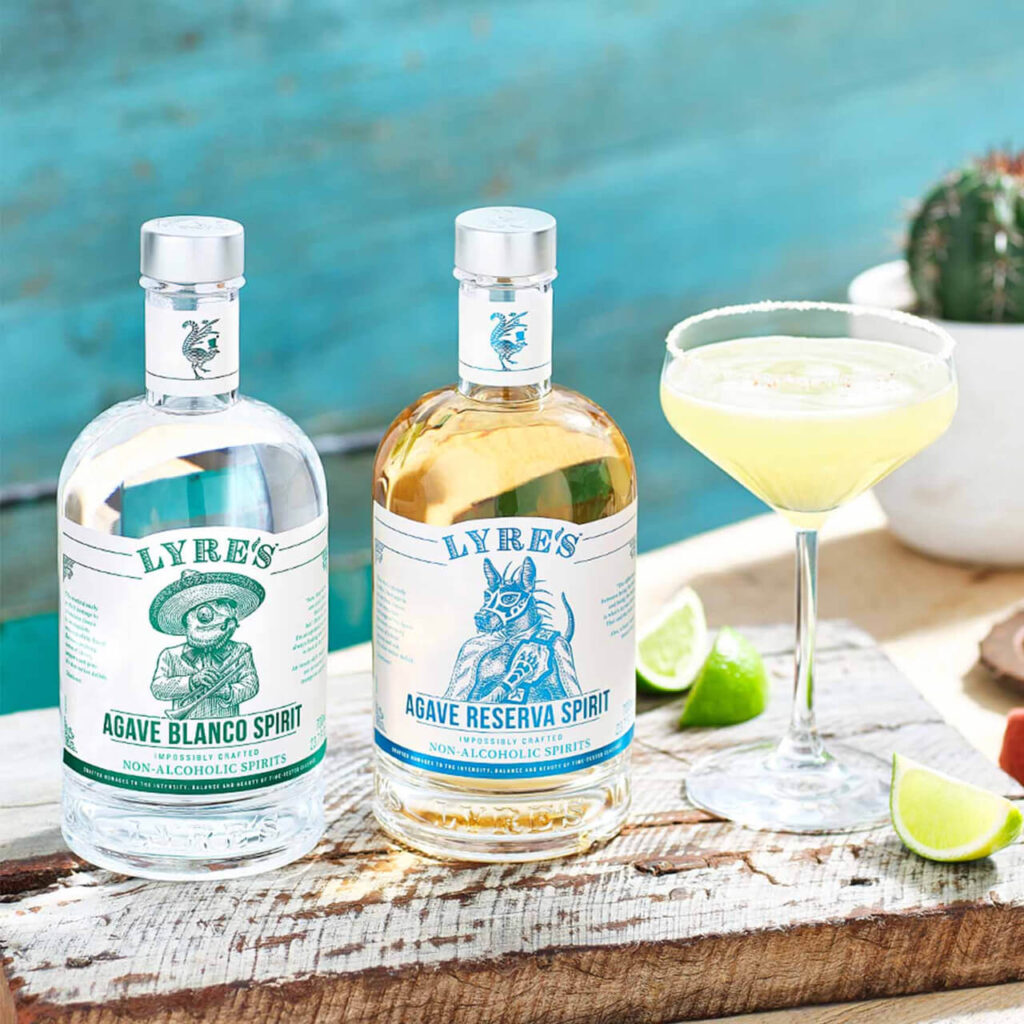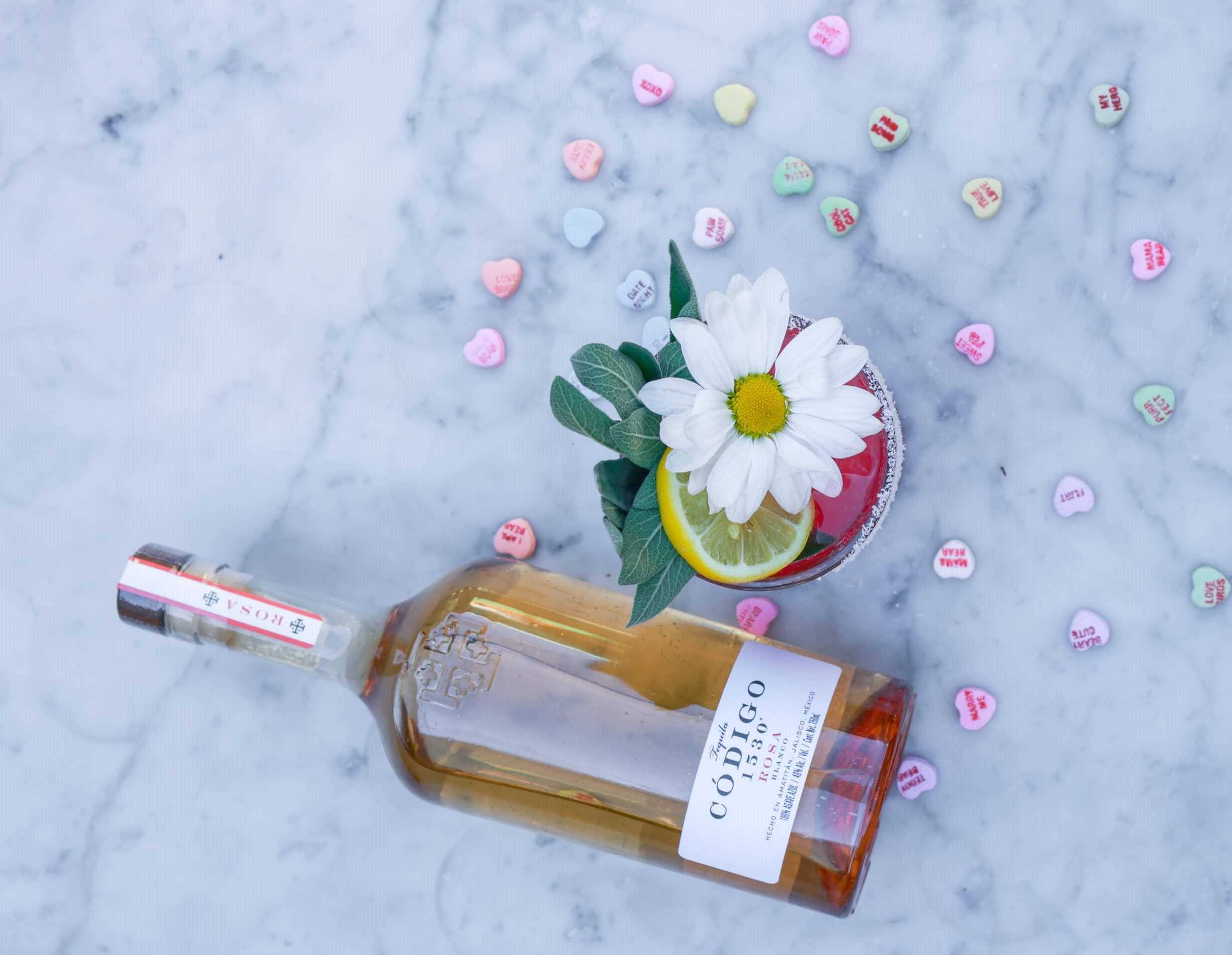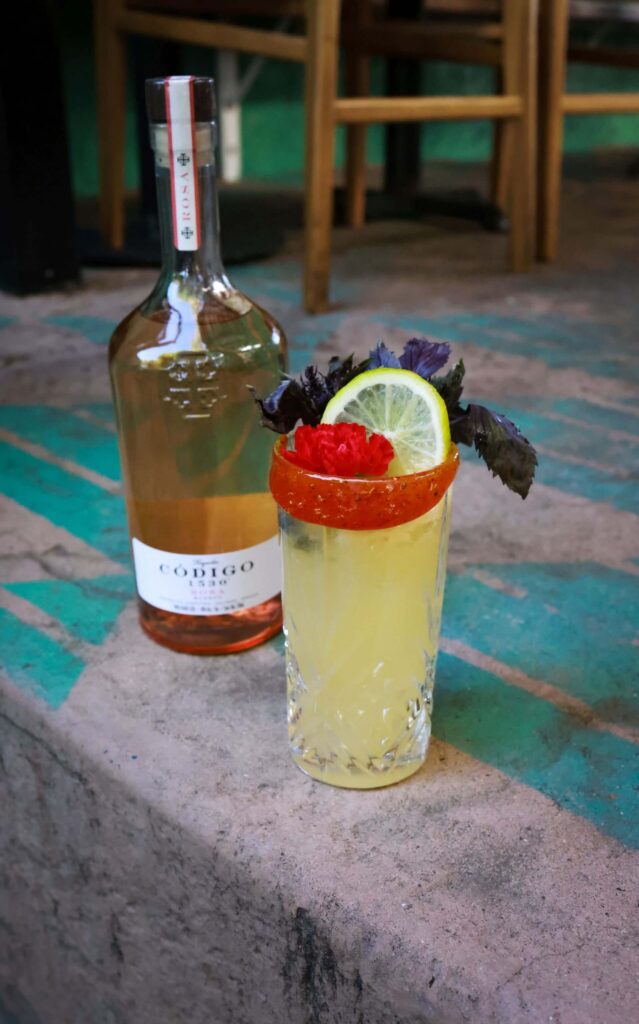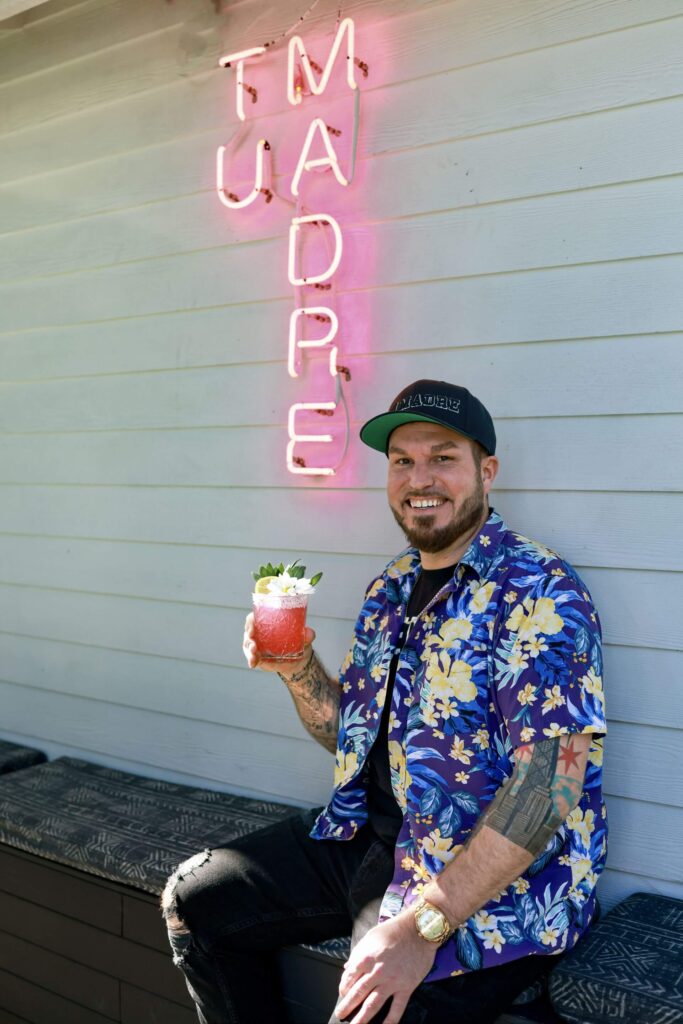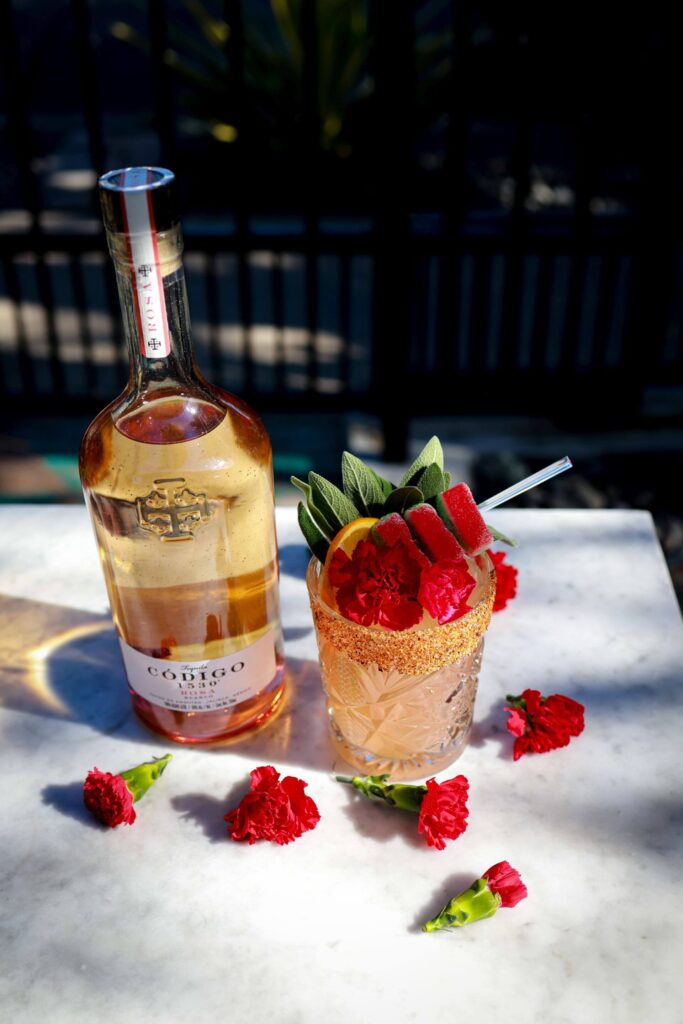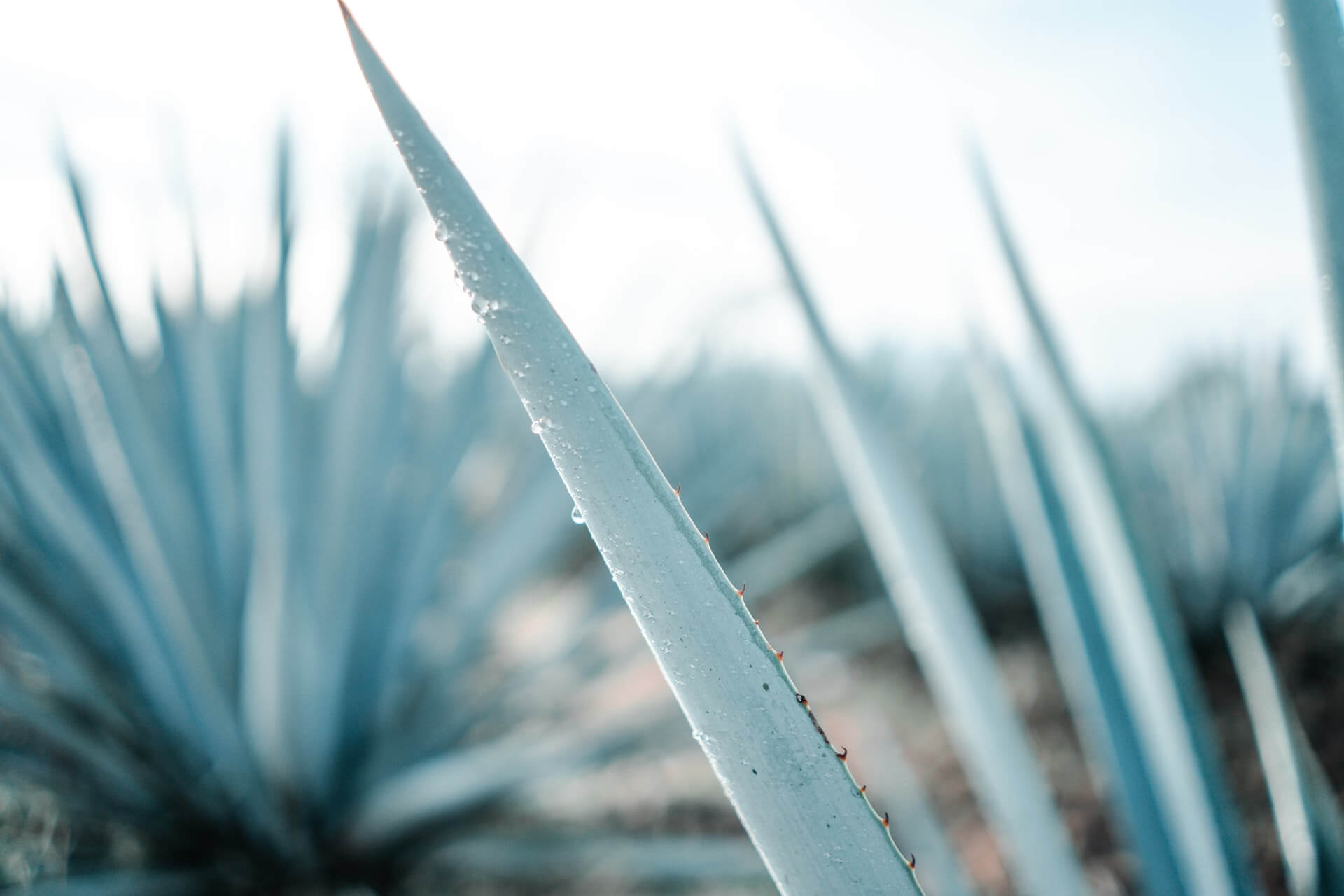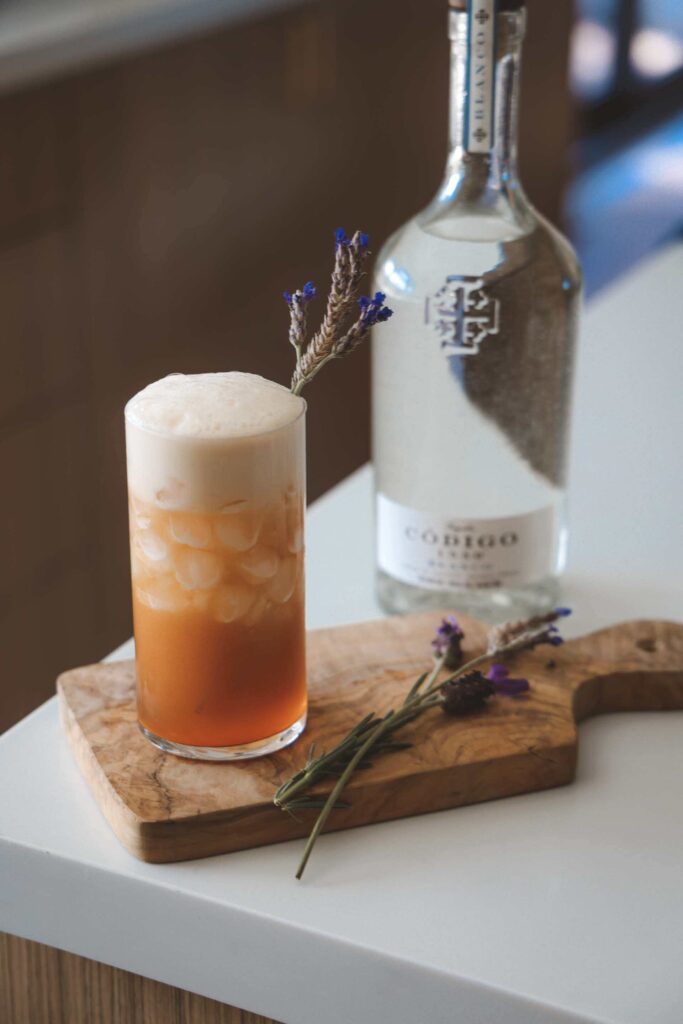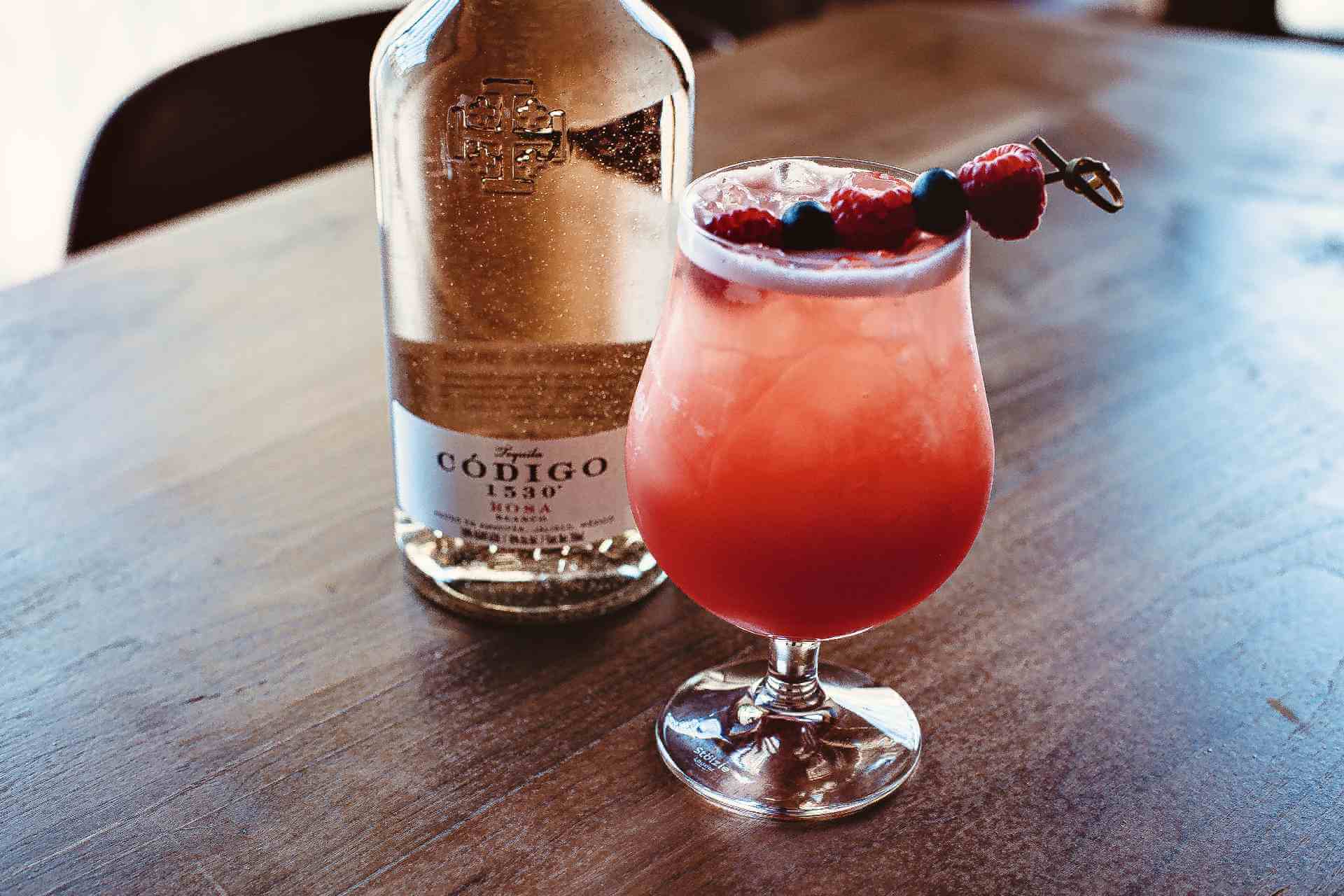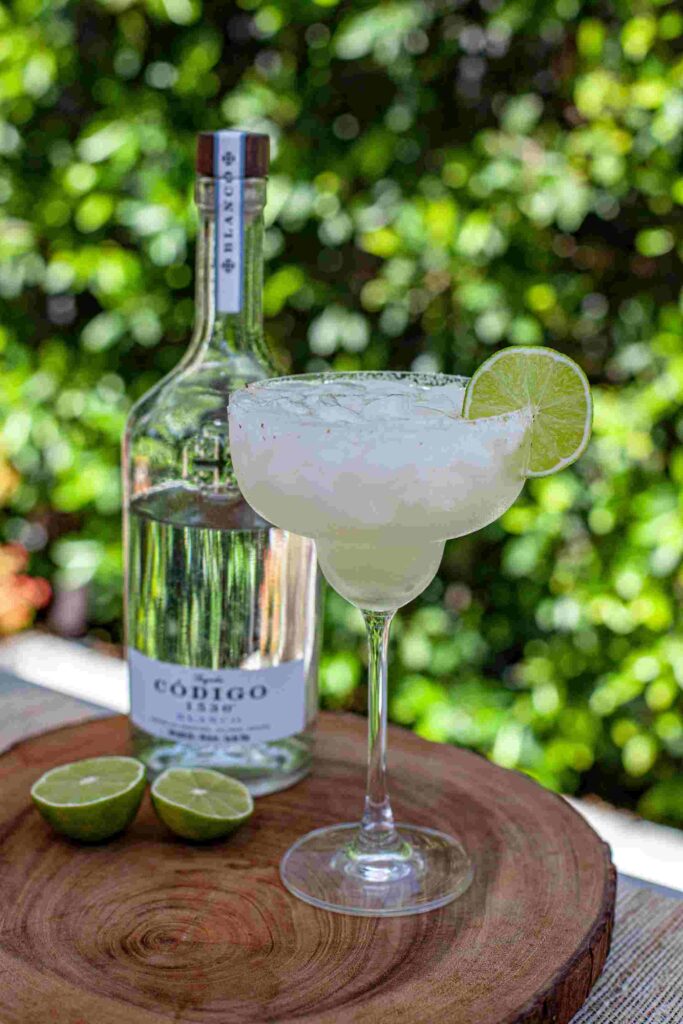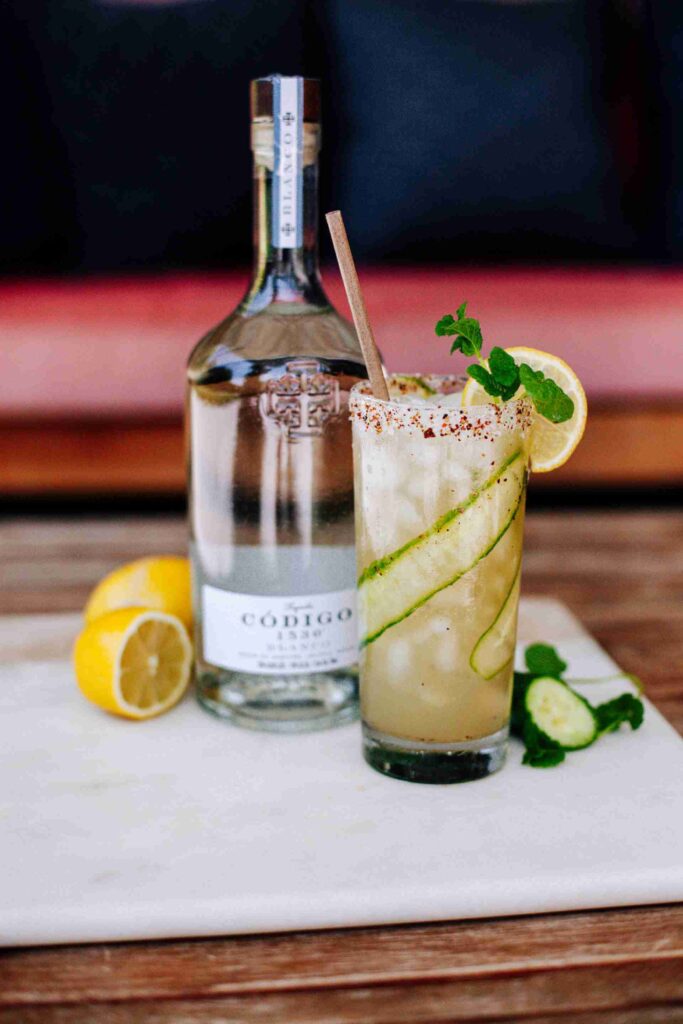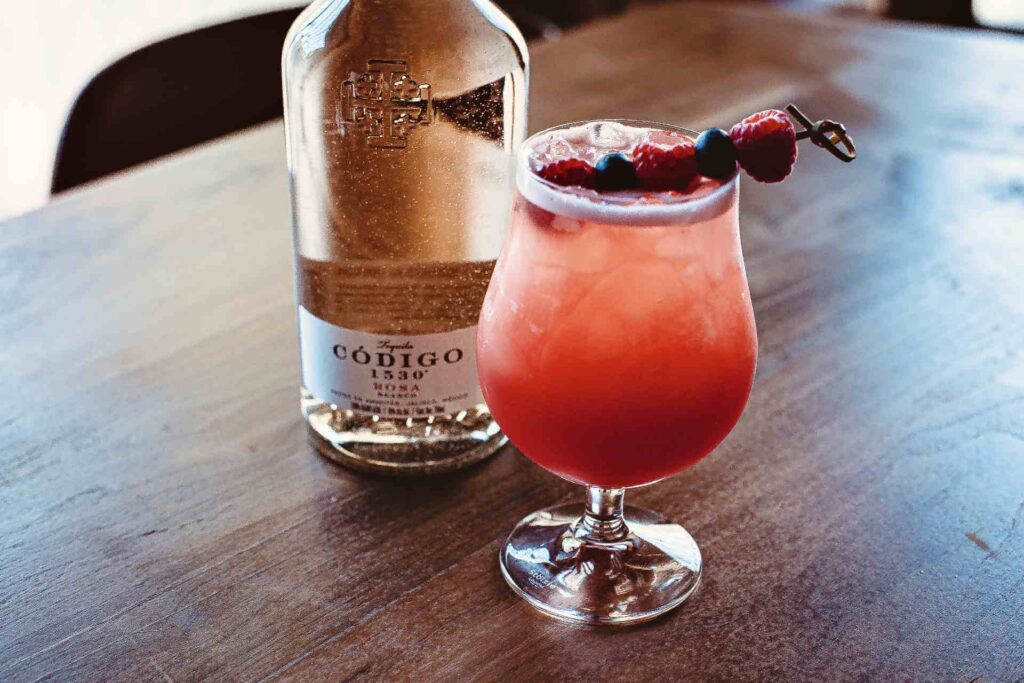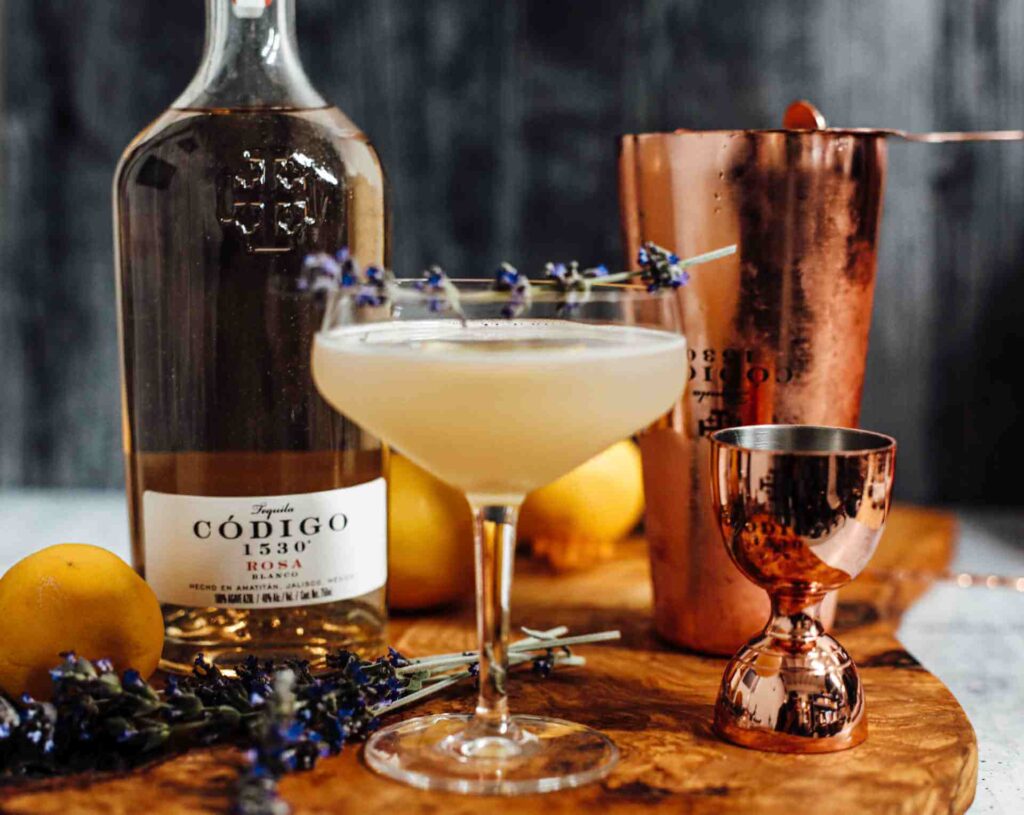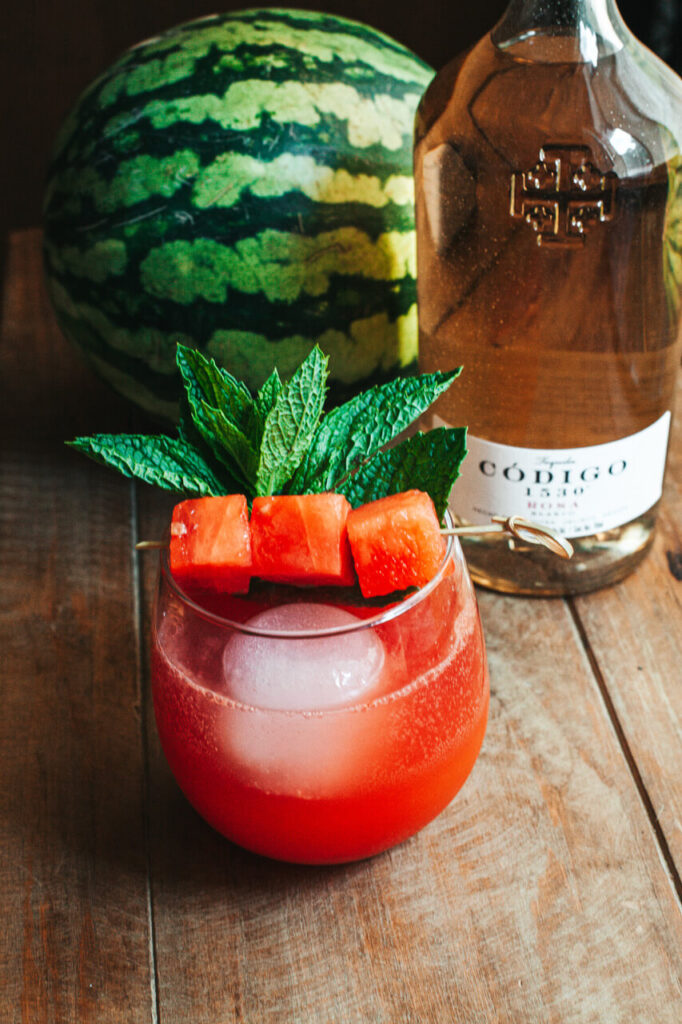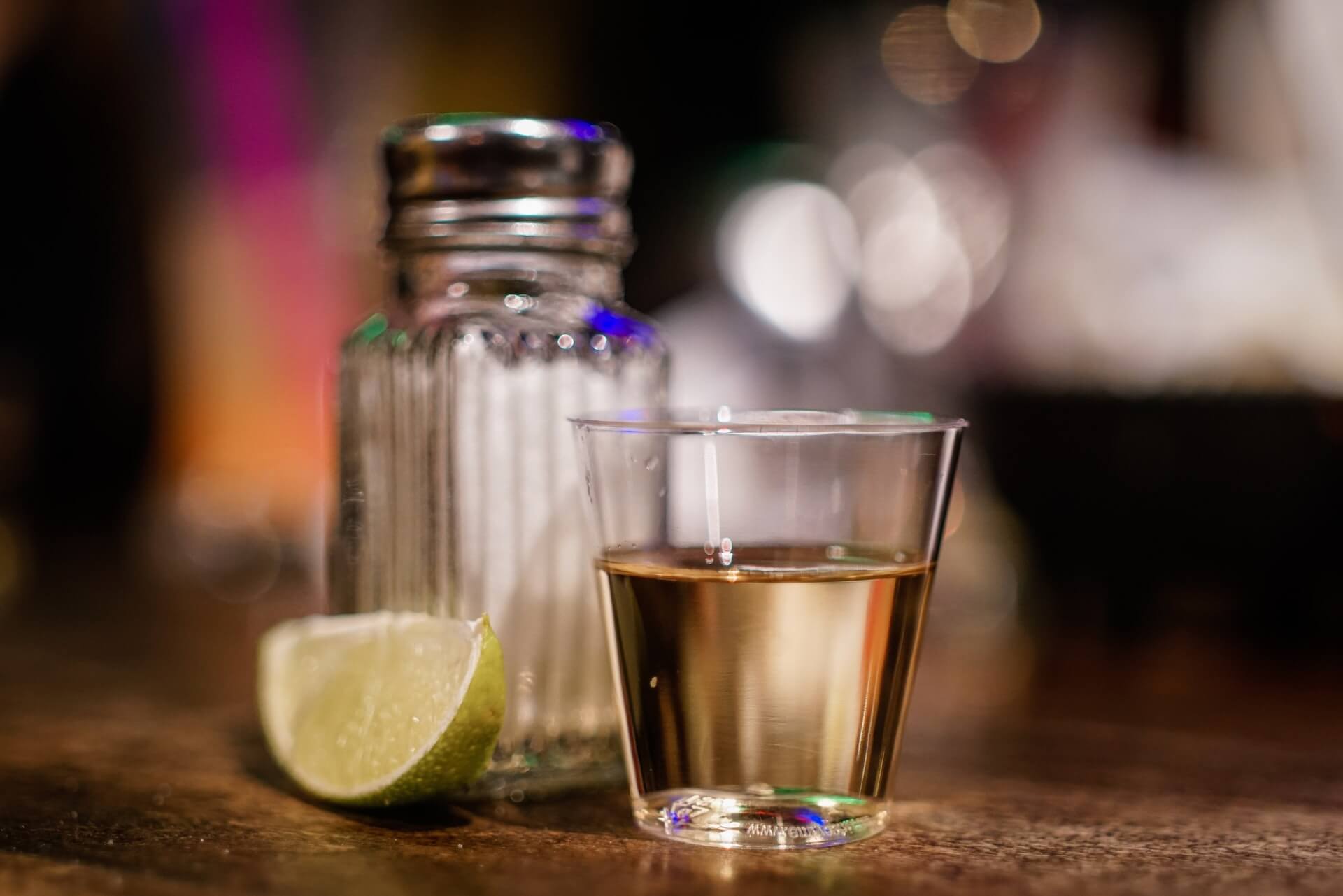Juan, Please: Be the RTD You Want to See in the World
by David Klemt
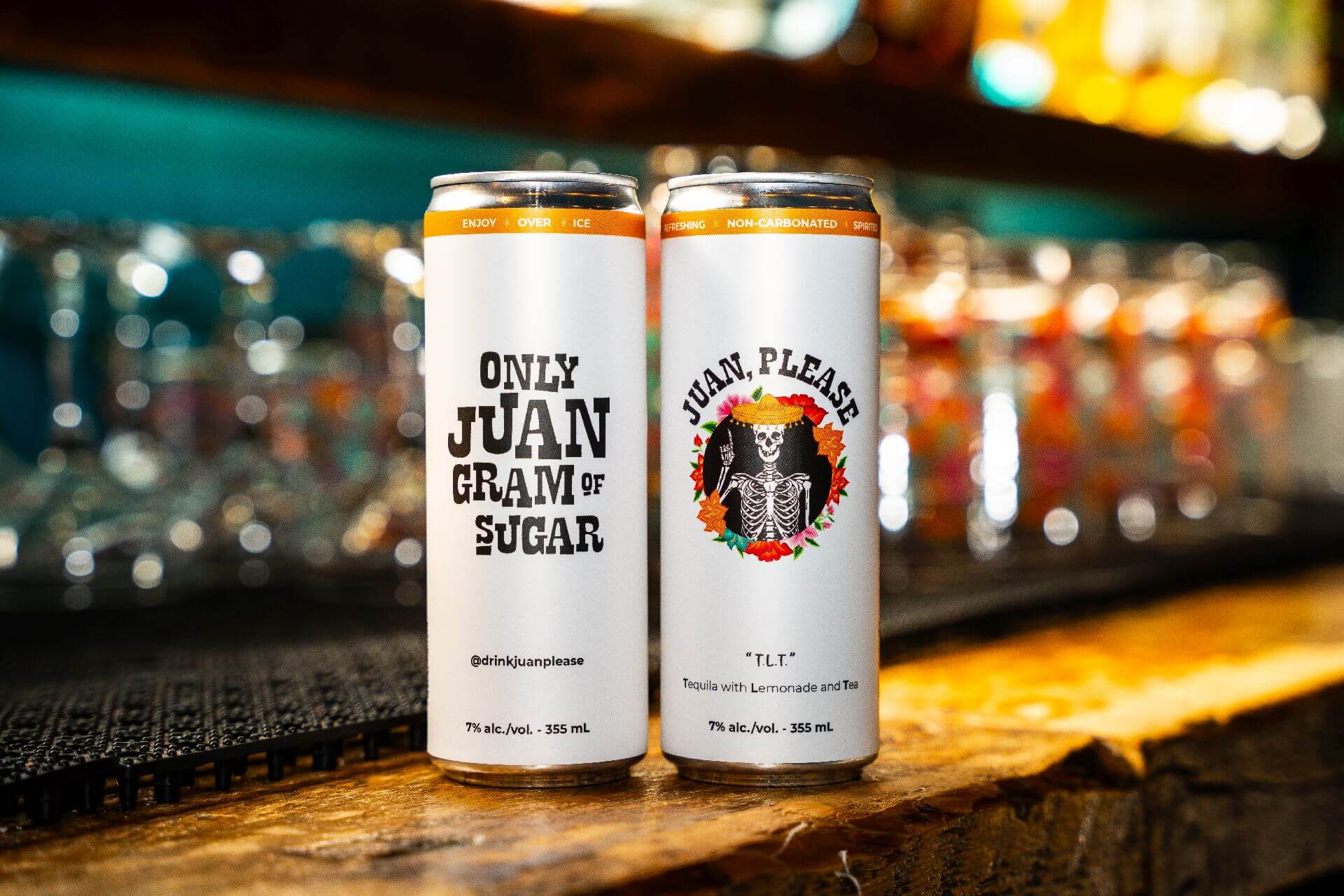
Pete Flores, the founder of brand-new ready-to-drink cocktail brand Juan, Please, is on a mission to bring the TLT to the world.
And what is a TLT? It’s Tequila, Lemonade, Tea, the first expression in the Juan, Please RTD portfolio.
You may be familiar with a different name for this particular cocktail. Like the John Daly is a vodka-spiked version of the iconic Arnold Palmer, a Juan Daly is an Arnold Palmer made with tequila.
As it turns out, the Arnold Palmer is Flores’ favorite alcohol-free beverage. He explains on an upcoming episode of the Bar Hacks podcast, Flores added tequila to an AriZona Arnold Palmer several years ago.
You’ll learn on his episode that Flores assumed someone would surely bring a Juan Daly RTD to market. However, after a couple of years of waiting, he realized he and his business partners were going to be those someones.
In fact, by the time you read this, Flores and his team will be fresh off the official Juan, Please launch party that took place in Hoboken, New Jersey. And really, what day could’ve been better than Cinco de Mayo to launch this brand?
View this post on Instagram
For now, Juan, Please is available only in New Jersey. However, New York is next, possibly as early as June 1 of this year. With any luck (and interest by you and other operators and bar professionals), major markets throughout the US will follow before year’s end.
Keep your ears out for our upcoming chat with Flores, and keep an eye out for your opportunity to taste Juan, Please.
Cheers!
Introducing Juan, Please Set to Disrupt the Canned Cocktail Market with Tequila-Infused Innovations
Juan Please is poised to redefine the category with its inaugural product: the T.L.T.—Tequila, Lemonade, and Tea Launching May 5th, 2024, in New Jersey.
New York, NY – April 23, 2024 – Today marks the unveiling of Juan, Please, a bold new player in the world of Ready-to-Drink cocktails, set to make waves with its unique lineup of tequila-based beverages launching on Cinco de Mayo in New Jersey. Juan, Please is poised to redefine the category with its inaugural product: the T.L.T. – Tequila, Lemonade, Tea, a non-carbonated drink with only Juan gram of sugar and 7% ABV.
The inspiration for Juan, Please struck when founder Peter Flores, a tequila enthusiast and fan of Arnold Palmers, noticed a glaring gap in the market for tequila-based canned cocktails. After years of waiting for someone to introduce this concept, Peter decided to take matters into his own hands, building a team with like-minded colleagues to embark on this spirited venture.
“Flores emphasizes that ‘Juan, Please’ embodies the essence of joy—laughter, dancing, and life—sealed within each can, reflecting his life’s cherished moments.” “As we embark on the brand’s journey in our home state of New Jersey, it feels like all of the friends we grew up with are on the ride with us.”
Since its soft launch in early 2024, Juan, Please has already gained traction in select venues across New Jersey, including notable Mexican restaurants and prestigious country clubs. The brand is now gearing up for its official launch on Cinco de Mayo, May 5th, 2024, at Pier 13 in Hoboken, promising attendees a taste of innovation and celebration.
Peter Flores, the visionary behind Juan, Please, brings over two decades of experience in hospitality, entertainment, and advertising. His mission is clear: to encapsulate the essence of good times, laughter, and joy into every can of Juan, Please.
“The T.L.T marks the pioneering spirit of our venture. Our upcoming expansion into New York City in June 2024 will debut two exciting new flavors: a Mezcal Old Fashioned and a Tequila Reposado Espresso Martini. ‘Juan, Please’ is positioned to establish itself as the premier choice for those seeking innovative twists on classic cocktails, marking just the beginning of our flavorful story. Says Flores”
The launch event will take place on May 5th, Cinco de Mayo, on Pier 13 in Hoboken from 1:00 to 5:00 PM. There will be a Juan on Juan Challenge (game with a giveaway), drink specials, and Juan will be in attendance in the costume for pictures. Attendees will experience the excitement and flavor that Juan, Please brings to the market. Juan, Please is set to carve out its niche as the go-to choice for those seeking a fresh take on classic cocktails.
About Juan, Please
Juan, Please is a dynamic alcohol startup brand reshaping the Ready-to-Drink cocktail market with its innovative lineup of tequila-infused beverages. Founded by Peter Flores, Juan, Please offers a range of premium canned cocktails designed to deliver exceptional flavor and convenience. The flagship product, the T.L.T. Tequila, Lemonade, Tea, is a non-carbonated drink with only Juan gram of sugar and 7% ABV. Juan, Please embodies our commitment to crafting unique combinations that capture the spirit of celebration. Inspired by Peter’s passion for tequila and classic cocktails, Juan, Please introduces a fresh take on familiar favorites, promising unforgettable experiences with every sip. Join us as we redefine the art of cocktail culture, one can at a time.
Image: Juan, Please

